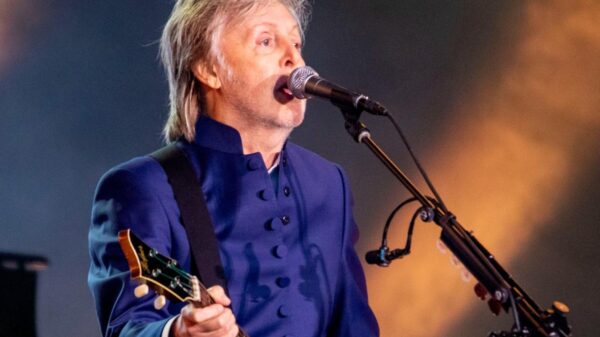New research reveals that caribou populations may face a staggering decline of up to 80 percent by the year 2100 due to climate change. This alarming finding stems from a comprehensive study examining the historical resilience of caribou, also known as reindeer, which have thrived in the cold Arctic environments of both Eurasia and North America for thousands of years. Despite their ability to adapt to significant climatic fluctuations in the past, the projected warming of the Arctic—expected to occur at double the global average—poses unprecedented challenges for these animals.
The research team, led by scientists including Damien Fordham and Elisabetta Canteri, employed advanced computer modeling and historical climate data to simulate caribou population changes from the last ice age to the present day, extending predictions into the future. By examining fluctuations over the past 21,000 years, the team identified key traits that enabled caribou to survive previous warming events. These traits include their adaptability to diverse environments, long-distance migration capabilities, and resilience in low population numbers.
Despite these advantages, the study indicates that the same traits may not be sufficient to protect caribou from future declines. Under current climate trajectories, researchers project a 58 percent reduction in caribou populations across their entire geographic distribution by 2100. North America is expected to experience the most severe losses, with a predicted decrease of 84 percent in response to Arctic warming. This dramatic decline is attributed to a significant loss of suitable habitats for caribou, exacerbated by human impacts and climate change.
Even in a more optimistic climate scenario, where temperature changes are less severe, significant population losses are still anticipated for North American caribou. The ongoing decline in large herds suggests that current trends are likely to continue. Additional threats not fully integrated into the models, such as disease outbreaks, extreme weather events, and unregulated hunting, could further intensify the challenges faced by caribou populations.
Broader Ecological and Cultural Implications
The potential decline of caribou populations carries significant ecological repercussions. Caribou play a crucial role in maintaining tundra ecosystems by influencing vegetation dynamics through their grazing behaviors. Their presence helps prevent forest encroachment into northern latitudes, thereby preserving plant diversity in tundra regions. A decrease in this biodiversity could negatively impact carbon uptake, soil nutrient availability, and the landscape’s light reflection, ultimately accelerating climate change effects.
Moreover, the ramifications extend beyond ecological concerns. For many Indigenous Arctic communities, caribou are vital for sustenance, cultural identity, and economic stability. As populations dwindle, the livelihoods of these communities face profound threats, undermining their overall well-being.
The findings of this research underscore an urgent need for governments and conservation organizations to enhance efforts aimed at protecting caribou populations. Strategies should include safeguarding traditional migration routes and habitats, which are essential for the species’ survival.
Actions taken today to mitigate climate change and reduce carbon footprints will not only benefit caribou and their ecosystems but also support the cultural and economic resilience of Arctic Indigenous communities. The time to act is now, as the future of caribou hangs in the balance.
The research was supported by the Australian Research Council, with Fordham and Canteri highlighting the critical nature of these findings. Immediate efforts are necessary to ensure that caribou and their habitats are preserved for generations to come.



































































